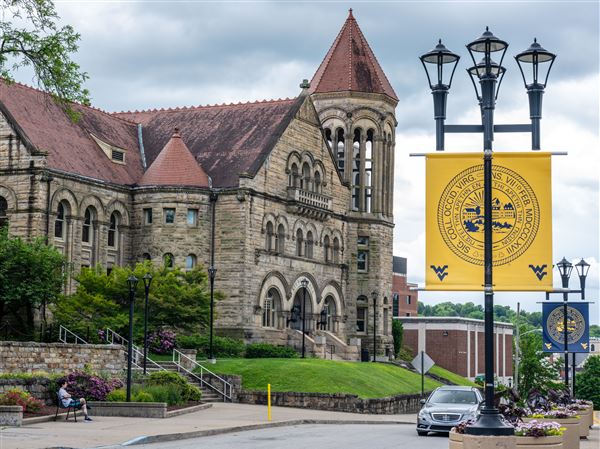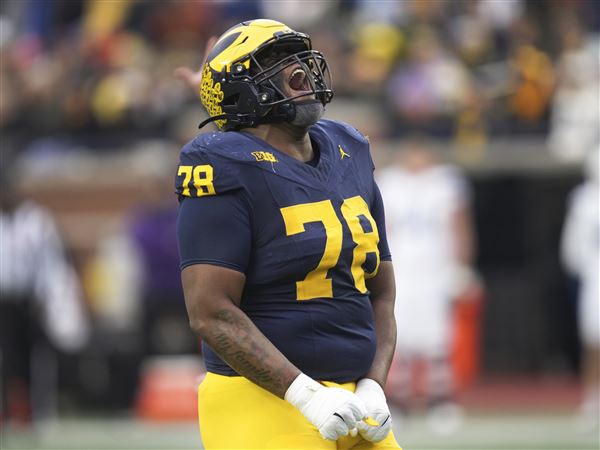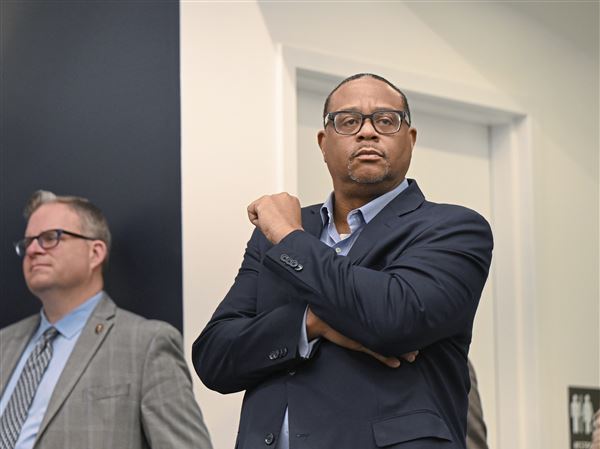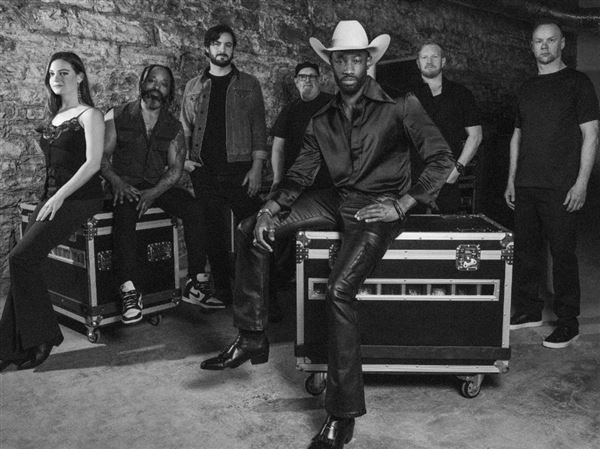Desperate to stop state senator Doug Mastriano from becoming their nominee for governor, the state’s Republican establishment hit him with attack ads, apparently without much effect. The people who want him, want him, and they made up a large enough part of the party’s base to get him the nomination.
He’s a 2020 election-denier, among other things. I’m not sure how much that really bothers the state’s GOP leadership, none of whom have said much to deny Donald Trump’s favorite political fantasy. But they were clearly bothered by the possibility that the votes he got in the primary may be the only votes he gets in the election. Mr. Mastriano is likely to lose big to the Democratic nominee, Josh Shapiro.
The same thing happened in their senatorial race. Kathy Barnette ended up a front-runner for the nomination before she slid. That’s something no one expected a few months ago. Also an election-denier, she distinguished herself with bigoted anti-Muslim comments she wouldn’t retract. For more on this, see Brandon McGinley’s article, “Doug Mastriano and Kathy Barnette exemplify politics in a time of apocalypse.“ Oh boy.
The other two major Republican candidates sit a little farther from the extreme, but not very near the center. There’s carpet-bagging chameleon I-play-a-doctor-on-TV Dr. Oz, endorsed (he’s a celebrity with good TV ratings) by Mr. Trump, and carpet-bagging super-rich guy-wearing-camo-and-holding-a-gun-to-show-he’s-one-of-us Dave McCormick.
Mr. Mastriano and Ms. Barnette are poster children for beyond the pale politics. They’re easy for everyone outside their wing of things to spot. But the real problem isn’t the obvious extremists.
The real problem is that Americans are so divided that few can agree on what extremism is and who’s an extremist. One person’s common sense is another person’s extremism. The two will look at each other with mutual incomprehension, because to each it’s all so obvious.
Too many people — especially those active in political life — don’t see this. They believe in their own side and can’t imagine how someone could be on the other. Wherever they draw the line, “there be dragons” on the other side of it. That shouldn’t matter much, beyond wrecking dinner parties when someone brings up politics.
But it does now, when it leaves the federal government and some state governments so sharply divided, and both parties so unwilling to compromise on any of the big issues. Both believe (or act as if they believe) that every major issue has an obvious answer, and the other party has nothing to contribute because it’s so obviously wrong. Making the division even harder, both believe the answer’s not just obvious, but that the issue’s one on which no compromise can be tolerated.
This being so, the party’s main political task isn’t to get done what can be done. It’s to prove to its base that the party remains pure and spotlessly perfect. In that sense, the extremists just distill into a pure form what their party broadly believes. In that way of thinking, the moderate is a coward and the pragmatic a compromiser.
That’s not the way our system was designed to work. The constitutional system, with its three branches of government, assumes that the people will be sensible and will compromise even when they don’t want to, because they have to get something done. It counts on no neutral observer, no one above the fray, to settle disagreements when the sides won’t agree. It assumes no one’s view is better than anyone else’s, and people will just have to work out their differences through their legislatures. Everyone gets something, but no one gets everything.
Which means it can’t help when the major parties have diverged so much that each sees the other as extremist, people with whom no compromise is possible or morally acceptable. The reasons Americans have become so polarized are deeper than politics and can’t be cured by politics. They could be cured, to some extent, by politicians being less political, but that’s not going to happen.
Each of us can do what we can, at least not to be one of those people on the extremes. We can make an effort to see that what we think is obvious isn’t really so obvious, and that those on the other side may just see things differently, often in ways we should find helpful. Some of them really will be extremists, but some will just be good, serious people with a different point of view.
Try to see why they think as they do, wrong as they may seem. As the English writer G. K. Chesterton said: The bigot isn’t the man who thinks he’s right. Every sane man thinks he’s right. The bigot is the man who can’t understand how the other man came to be wrong.
David Mills is the associate editor of the editorial page for the Pittsburgh Post-Gazette.
First Published: May 18, 2022, 2:15 a.m.


















